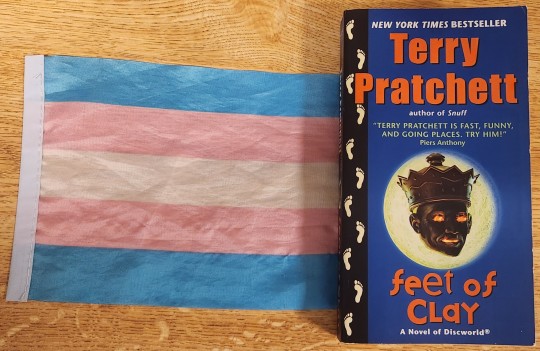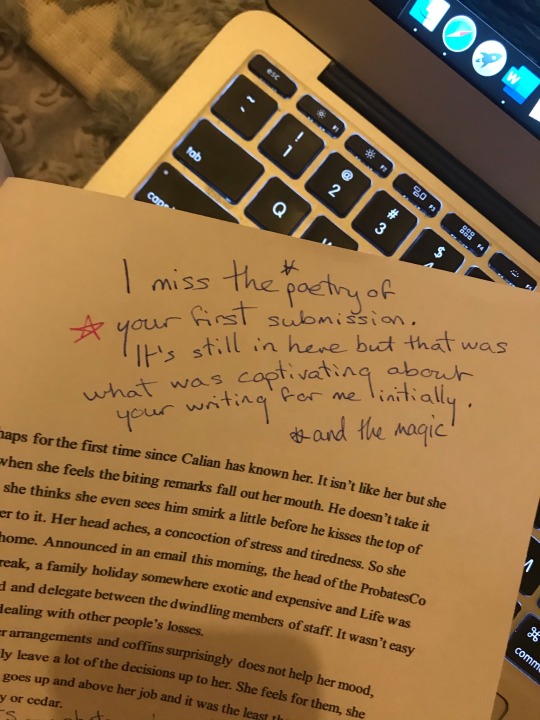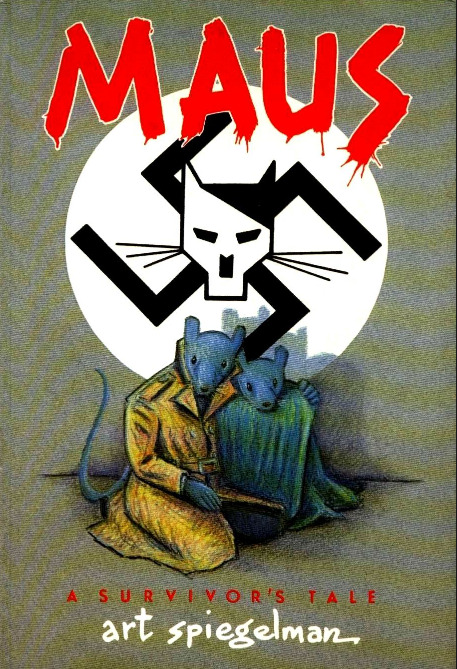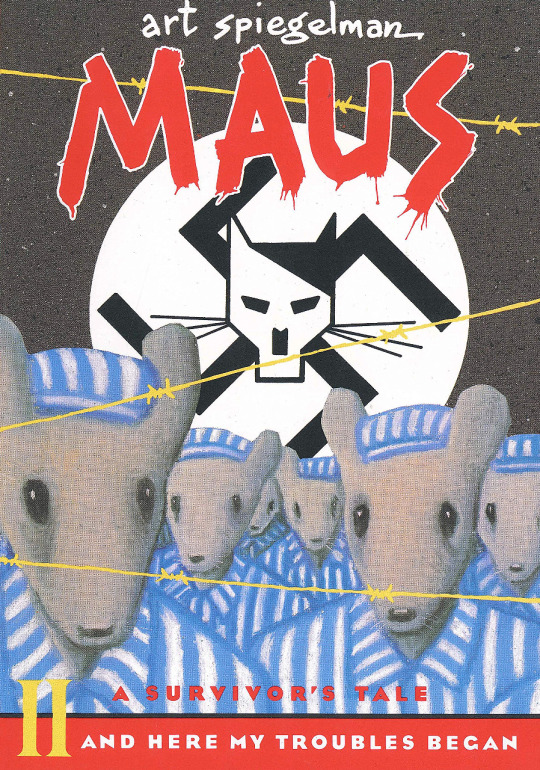I read a lot of free e-books. Some good, some meh, some horrible. I also love writing. So this blog is dedicated to all of that. Other blog is squeemcsquee = more general fandom-ness/convention blogging
Don't wanna be here? Send us removal request.
Text
Please participate in my research (also, if you say other, please put it in the tags/comments !)
26K notes
·
View notes
Text
hot artists don't gatekeep
I've been resource gathering for YEARS so now I am going to share my dragons hoard
Floorplanner. Design and furnish a house for you to use for having a consistent background in your comic or anything! Free, you need an account, easy to use, and you can save multiple houses.
Comparing Heights. Input the heights of characters to see what the different is between them. Great for keeping consistency. Free.
Magma. Draw online with friends in real time. Great for practice or hanging out. Free, paid plan available, account preferred.
Smithsonian Open Access. Loads of free images. Free.
SketchDaily. Lots of pose references, massive library, is set on a timer so you can practice quick figure drawing. Free.
SculptGL. A sculpting tool which I am yet to master, but you should be able to make whatever 3d object you like with it. free.
Pexels. Free stock images. And the search engine is actually pretty good at pulling up what you want.
Figurosity. Great pose references, diverse body types, lots of "how to draw" videos directly on the site, the models are 3d and you can rotate the angle, but you can't make custom poses or edit body proportions. Free, account option, paid plans available.
Line of Action. More drawing references, this one also has a focus on expressions, hands/feet, animals, landscapes. Free.
Animal Photo. You pose a 3d skull model and select an animal species, and they give you a bunch of photo references for that animal at that angle. Super handy. Free.
Height Weight Chart. You ever see an OC listed as having a certain weight but then they look Wildly different than the number suggests? Well here's a site to avoid that! It shows real people at different weights and heights to give you a better idea of what these abstract numbers all look like. Free to use.
331K notes
·
View notes
Text
Writing References: Character Development
50 Questions ⚜ Backstory ⚜ Character-driven Story
Basics: How to Write a Character ⚜ A Story-Worthy Hero
Basics: Character-Building ⚜ Character Creation
Types of Characters: Key Characters ⚜ Literary Characters ⚜ Flat & Round Characters ⚜ Morally Grey ⚜ Narrators ⚜ Allegorical Characters ⚜ Archetypes ⚜ Stereotypical Characters
Worksheets: Backstory ⚜ Character ⚜ Kill your Characters ⚜ Antagonist; Villain; Fighting ⚜ Change; Adding Action; Conflict ⚜ Character Sketch & Bible ⚜ Protagonist & Antagonist ⚜ Name; Quirks; Flaws; Motivation ⚜ "Interviewing" your Characters ⚜ "Well-Rounded" Character
Personality Traits
5 Personality Traits (OCEAN) ⚜ 16 Personality Traits (16PF)
600+ Personality Traits ⚜ 170 Quirks
East vs. West Personalities ⚜ Trait Theories
Tips/Editing
Character Issues ⚜ Character Tropes for Inspiration
"Strong" Characters ⚜ Unlikable to Likable
Tips from Rick Riordan
Writing Notes
Binge ED ⚜ Hate ⚜ Love ⚜ Identifying Character Descriptions
Childhood Bilingualism ⚜ Children's Dialogue ⚜ On Children
Culture ⚜ Culture: Two Views ⚜ Culture Shock
Dangerousness ⚜ Flaws ⚜ Fantasy Creatures
Emotional Intelligence ⚜ Genius (Giftedness)
Emotions (1) (2) ⚜ Anger ⚜ Fear ⚜ Happiness ⚜ Sadness
Emotional Universals ⚜ External & Internal Journey
Goals & Motivations ⚜ Grammar Development ⚜ Habits
Facial Expressions ⚜ Jargon ⚜ Swearing & Taboo Expressions
Happy/Excited Body Language ⚜ Laughter & Humor
Health ⚜ Frameworks of Health ⚜ Memory
Mutism ⚜ Shyness ⚜ Parenting Styles ⚜ Generations
Psychological Reactions to Unfair Behavior
Rhetoric ⚜ The Rhetorical Triangle ⚜ Logical Fallacies
Thinking ⚜ Thinking Styles ⚜ Thought Distortions
Uncommon Words: Body ⚜ Emotions
Villains ⚜ Voice & Accent
More References: Plot ⚜ World-building ⚜ Writing Resources PDFs
12K notes
·
View notes
Text

"This is Ankh-Morpork, you know. We've got extra pronouns here."
GNU Terry Pratchett
12K notes
·
View notes
Text

I'm reading an article in The New Yorker about potential plagiarism in romantasy land and they talked to a number of authors to provide context. Including . . . . Cassandra Clare.

I just . . . you talked to CC in a story about alleged plagiarism in fiction? I have passed away from a terminal case of irony.
8K notes
·
View notes
Text
“No writing is wasted. Did you know that sourdough from San Francisco is leavened partly by a bacteria called lactobacillus sanfrancisensis? It is native to the soil there, and does not do well elsewhere. But any kitchen can become an ecosystem. If you bake a lot, your kitchen will become a happy home to wild yeasts, and all your bread will taste better. Even a failed loaf is not wasted. Likewise, cheese makers wash the dairy floor with whey. Tomato gardeners compost with rotten tomatoes. No writing is wasted: the words you can’t put in your book can wash the floor, live in the soil, lurk around in the air. They will make the next words better.”
— ERIN BOW
80K notes
·
View notes
Text
Are you frustrated you can't leave second kudos on AO3? or third kudos? or whatever-who's-counting kudos?
Well, have I got the html for you!
Plop any of these in a comment (by copy&pasting the code) to make an author's day and show your appreciation!
Second kudos: <img src="https://i.ibb.co/tHMjbb6/second-kudos.png" alt="second kudos">
Third kudos: <img src="https://i.ibb.co/52bggQH/third-kudos.png" alt="third kudos">
nth kudos: <img src="https://i.ibb.co/6y7qGtC/nth-kudos.png" alt="nth kudos">
yet another kudos: <img src="https://i.ibb.co/wKtcj0s/yet-another-kudos.png" alt="yet another kudos">




It will look something like this (and will be transparent with white outline on dark backgrounds):

Feel free to spread and use these as much as you like! (and if you have ideas for other variations, let me know ✌️)
114K notes
·
View notes
Link
“It’s hard to put a number on how many books I’ve read that feature characters in the woods. Sometimes they’re fleeing, sometimes chasing, sometimes just looking for something to eat.
As someone who spends a lot of time in the woods, I should tell you that most authors get it wrong. Here are ten realities about the woods that every writer should know.”
2K notes
·
View notes
Text
I don’t know who needs to hear this, but modern guns won’t go off when dropped.
3K notes
·
View notes
Text
Writing advice from my uni teachers:
If your dialog feels flat, rewrite the scene pretending the characters cannot at any cost say exactly what they mean. No one says “I’m mad” but they can say it in 100 other ways.
Wrote a chapter but you dislike it? Rewrite it again from memory. That way you’re only remembering the main parts and can fill in extra details. My teacher who was a playwright literally writes every single script twice because of this.
Don’t overuse metaphors, or they lose their potency. Limit yourself.
Before you write your novel, write a page of anything from your characters POV so you can get their voice right. Do this for every main character introduced.
232K notes
·
View notes
Text
➡️ Content warnings on fiction are a courtesy.
➡️ Not every medium of fiction and storytelling has or is expected to have content warnings or extensive tagging.
➡️ Print novels do not traditionally warn for content in any way.
➡️ Until AO3 came along, fanfiction did not traditionally warn for content in any significant way.
➡️ An author is only obligated to warn for content to the degree mandated by the format they publish their fiction on.
➡️ Content warnings beyond the minimum are a courtesy, not an obligation.
➡️ 'Creator chose not to warn' is a valid tag that authors are allowed to use on AO3. It means there could be anything in there and you have accepted the risk. 'May contain peanuts!'
➡️ Writers are allowed to use 'Creator chose not to warn' for any reason, including to maintain surprise and avoid spoilers.
➡️ 'Creator chose not to warn' is not the same thing as 'no archive warnings apply'.
➡️ It is your responsibility to protect yourself and close a book, or hit the back button if you find something in fiction that you're reading that upsets you.
➡️ You are responsible for protecting yourself from fiction that causes you discomfort.
40K notes
·
View notes
Text
So for over a month and a half I’ve been told in my Creative writing MA class that my writing is too poetic and abstract to work in the form of a novel and that I need to simplify my meanings and sentences. I did as I was told and lost all interest in writing if I have to write in the same style that every other novelist does. Today I received this note from a classmate and didn’t realise how much I needed to hear it. Don’t change your art just because other people don’t get it. Don’t change your style to fit in with everyone else. It’s your story not theirs.

62K notes
·
View notes
Text
Definitely food for thought.
It’s like this…
You’re fourteen and you’re reading Larry Niven’s “The Protector” because it’s your father’s favorite book and you like your father and you think he has good taste and the creature on the cover of the book looks interesting and you want to know what it’s about. And in it the female character does something better than the male character - because she’s been doing it her whole life and he’s only just learned - and he gets mad that she’s better at it than him. And you don’t understand why he would be mad about that, because, logically, she’d be better at it than him. She’s done it more. And he’s got a picture of a woman painted on the inside of his spacesuit, like a pinup girl, and it bothers you.
But you’re fourteen and you don’t know how to put this into words.
And then you’re fifteen and you’re reading “Orphans of the Sky” because it’s by a famous sci-fi author and it’s about a lost generation ship and how cool is that?!? but the women on the ship aren’t given a name until they’re married and you spend more time wondering what people call those women up until their marriage than you do focusing on the rest of the story. Even though this tidbit of information has nothing to do with the plot line of the story and is only brought up once in passing.
But it’s a random thing to get worked up about in an otherwise all right book.
Then you’re sixteen and you read “Dune” because your brother gave it to you for Christmas and it’s one of those books you have to read to earn your geek card. You spend an entire afternoon arguing over who is the main character - Paul or Jessica. And the more you contend Jessica, the more he says Paul, and you can’t make him see how the real hero is her. And you love Chani cause she’s tough and good with a knife, but at the end of the day, her killing Paul’s challengers is just a way to degrade them because those weenies lost to a girl.
Then you’re seventeen and you don’t want to read “Stranger in a Strange Land” after the first seventy pages because something about it just leaves a bad taste in your mouth. All of this talk of water-brothers. You can’t even pin it down.
And then you’re eighteen and you’ve given up on classic sci-fi, but that doesn’t stop your brother or your father from trying to get you to read more.
Even when you bring them the books and bring them the passages and show them how the authors didn’t treat women like people.
Your brother says, “Well, that was because of the time it was written in.”
You get all worked up because these men couldn’t imagine a world in which women were equal, in which women were empowered and intelligent and literate and capable.
You tell him - this, this is science fiction. This is all about imagining the world that could be and they couldn’t stand back long enough and dare to imagine how, not only technology would grow in time, but society would grow.
But he blows you off because he can’t understand how it feels to be fourteen, fifteen, sixteen, seventeen and desperately wanting to like the books your father likes, because your father has good taste, and being unable to, because most of those books tell you that you’re not a full person in ways that are too subtle to put into words. It’s all cognitive dissonance: a little like a song played a bit out of tempo - enough that you recognize it’s off, but not enough to pin down what exactly is wrong.
And then one day you’re twenty-two and studying sociology and some kind teacher finally gives you the words to explain all those little feelings that built and penned around inside of you for years.
It’s like the world clicking into place.
And that’s something your brother never had to struggle with.
107K notes
·
View notes
Text

Im just feeling a certain way rn
76K notes
·
View notes
Text
“how did you get into writing” girl nobody gets into writing. writing shows up one day at your door and gets into you
195K notes
·
View notes
Text
So, like, the thing you have to understand is that prior to the mid-2000s, the "Young Adult" genre as we now know it didn't exist. The expectation was that you would graduate to the adult aisle of the book store at, like, 13-14. This worked because the only people still reading long form novels into their teens were precocious bookworms who were better read than their parents.
Harry Potter changed all this. The success of the Harry Potter books convinced the publishing industry that selling full length novels to normie children was a business model. The thing about the Harry Potter books, though, is that at least for the early books, the target audience was a bit younger than what we think of as the YA demographic; tweens, rather than teens. Now, the publishing very much wanted to keep all these normie kids buying books into their teens and beyond, but the previous model of treating teens as functionally adults for marketing purposes would not work; there was simply no way that normie parents were going to let their normie kids read fully adult novels where the characters, like, do drugs or have unprotected sex and stuff. So, in order to be allowed to market to the teen demographic, the YA genre was created.
However, teens have an inherent interest in reading about sex and violence and drugs, and so authors who are able to incorporate these kinds of themes into their YA novels in a discrete way such that it flies under the radar of the moral guardians are met with success. But this is a precarious tightrope to walk. Not enough "mature" themes and the teens will loose interest, to much or to blatant and the teens won't be allowed to read it. And so, it should come as no surprise, that the first person to successfully navigate this tight rope was a Mormon housewife with a vampire fetish.
14K notes
·
View notes

